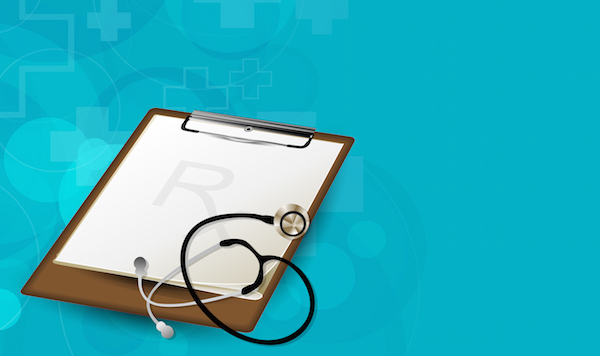News & Events
Excess Gas: Causes and Solutions
Excess Gas: Causes and Solutions
As embarrassing as it can be, flatulence is a bodily function that is just part of being alive. Let’s face it. Everyone gets gas – some people more than others. So what causes it and how do you prevent it? We’ve got your answers in this blog post.
What causes gas?
Gas can be caused several different ways. One of the biggest culprits is food. Some foods affect people differently but for the most part, your biggest culprits are foods that include natural sugars, high fiber, or starch. This is because the body has a hard time breaking down these types of foods.
- Milk and dairy products
- Apricots, raw apples, and bananas
- Prunes and prune juice
- Beans
- Onions
- Cabbage and sauerkraut
- Carrots, celery, corn, and peas
- Oat bran
- Wheat
- Pasta
- Potatoes
You’ll notice that many of the foods listed above are high in carbohydrates. In the case of carbohydrates, gas forms when bacteria in your colon ferment carbohydrates that aren’t digested in your small intestine.
Artificial sweeteners are also a common cause of gas. Most people’s digestive systems have a hard time tolerating them.
You could also be swallowing too much air. In fact, 50% of gas production is due to the intake of air. Most people don’t realize it, but we swallow air when we do things like eat, drink, chew gum, suck on candies, etc. You can also get air in your system drinking through a straw or drinking carbonated beverages.
Excessive gas could also be a symptom of a bigger health problem like Irritable Bowel Syndrome, Diverticulitis, Crohn’s, or food intolerance. If you experience frequent, painful gas you should consult a physician right away to discuss causes and solutions.
How do you prevent or reduce gas?
While you are bound to experience gas from time to time, there are some lifestyle changes you can make to reduce or relieve gas. If any of the foods listed above are part of your diet, try cutting out the foods that cause the most gas and for the rest, try eating smaller portions of them.
Eating slowly and chewing your food thoroughly will help with the intake of air and thus reduce gas; try putting your fork down between bites.
Exercise also helps. Exercise helps your digestive tract move food through your intestines, helping to digest faster thus reducing the production of gas.
You Should Also Read:
Eight Common Questions About Probiotics and Digestive Health
